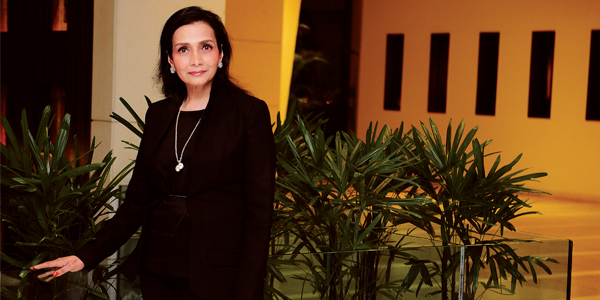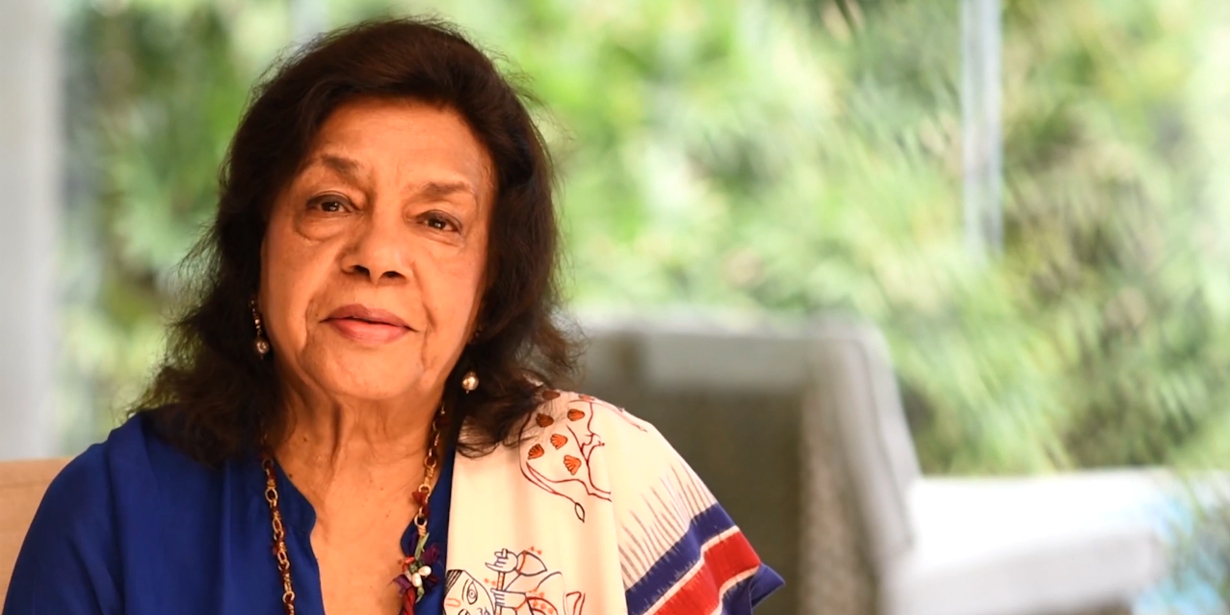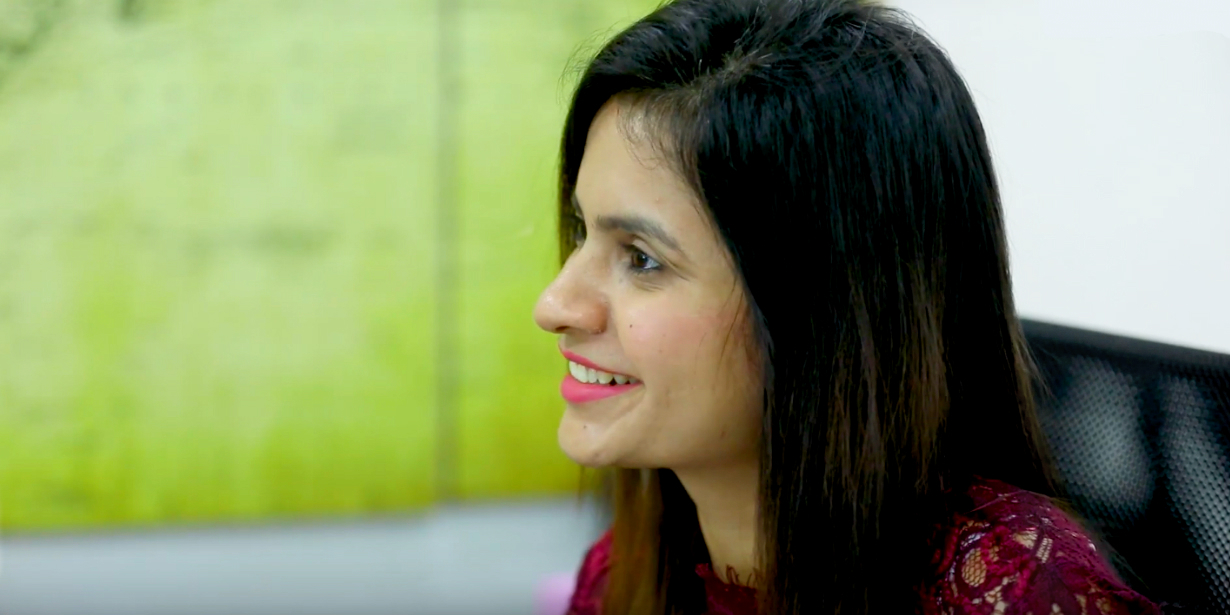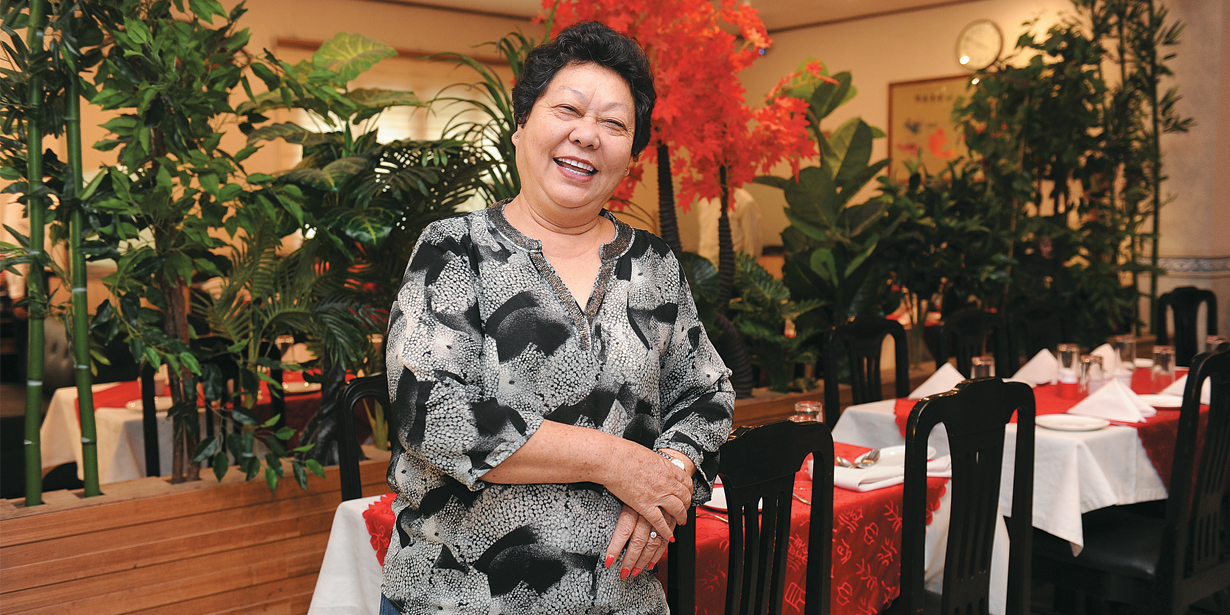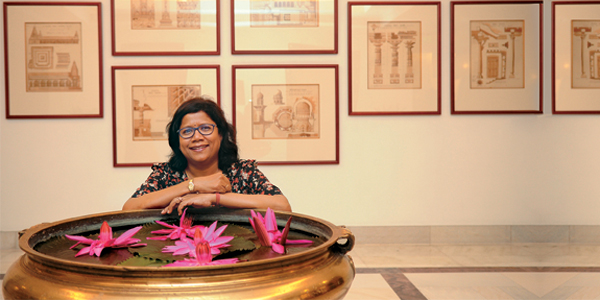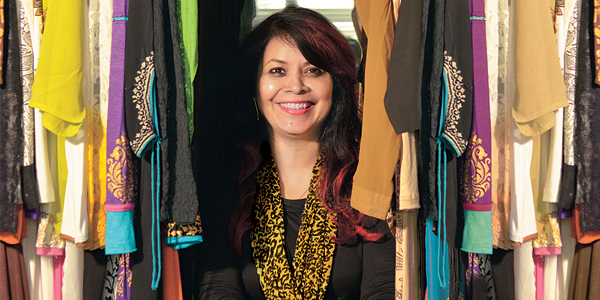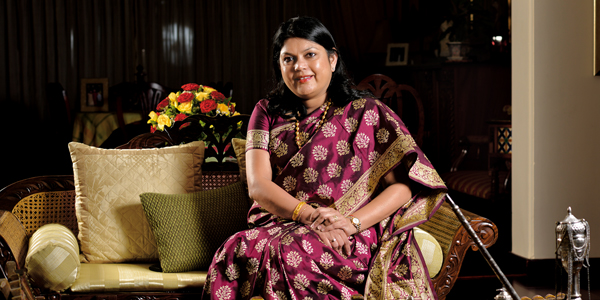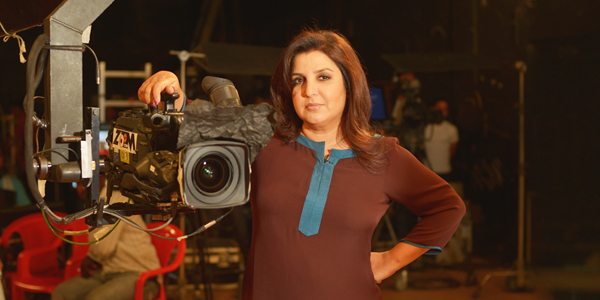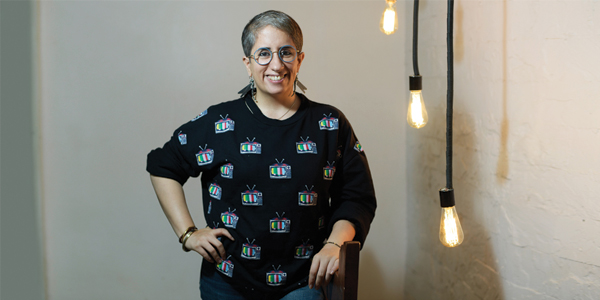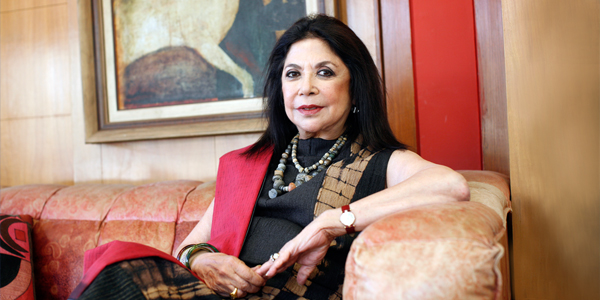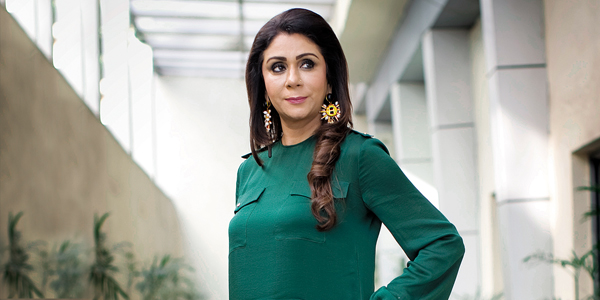The serial entrepreneur with 100% success rate in the start-up world: Meet Meena Ganesh
Meena Ganesh, CEO, Portea Medical, believes in spotting opportunities in the right place at the right time
Midway into my conversation with Portea Medical CEO Meena Ganesh at her company’s office in start-up capital Bengaluru, she excuses herself to silence a reminder buzzing insistently on her cell phone. Ganesh smoothly turns back to our conversation, pausing only to confirm the next in a series of meetings that lay ahead of her on a busy weekday evening. The alarm is a permanent fixture in her daily routine and is meant to remind her to call her daughter. Not that Ganesh, who made it to this meeting despite recovering from a bout of viral fever, really needs reminders.
The 51-year-old serial entrepreneur, one half of what is arguably India’s most successful start-up couple, has demonstrated a sense of being clued into her businesses, which is probably why the duo exited from their start-up Tutorvista with a cool ₹1,100 crore and count Ratan Tata among the investors in one of their many ventures.
Tutorvista and BlueStone are only two among the countless start-ups the couple has nurtured over the past decade. Ganesh caught the entrepreneurial bug not long after her IIM-C batchmate and husband K Ganesh did. But she had a long stint in the corporate world with NIIT, PricewaterhouseCoopers and Microsoft, interacting with application developers and companies working for finance and HR verticals in her role at Microsoft. This was when Ganesh realised she enjoyed working with entrepreneurs. “That’s where the whole desire to be an entrepreneur started. But it didn’t make sense to do yet another software service-IT start-up, so I looked at other potential areas and honed in on customer support, launching Customer Asset — one of India’s first BPOs — in 2000,” she says.
Start, build, exit
In 2003, the couple took one step in their series of successful exits by selling Customer Asset to ICICI and Meena taking over as Tesco’s India operations CEO. “While I was a part of a large corporate at Tesco, it was also a start-up role. We had to buy land, build offices, determine what to outsource and offshore and coordinate with the entire organisation,” she says.
Ganesh subsequently quit Tesco to join her husband at his start-up Tutorvista — which at that time delivered one-on-one tutoring services directly to US-based customers — and launch its India business by acquiring digital content company Edurite. The shift to Portea was prompted by their sale of Tutorvista to Pearson Education in 2011, after which they decided to spice up their two-year transition period by backing other start-ups. This is how BlueStone and BigBasket found themselves some very strong promoters and Portea Medical, a new CEO.
“We continue to look for interesting ideas and promote them, put teams together and take these ideas to the next level — get a series A, help them grow. So, we now have eight companies that are fully operational and a few more in the works. We also launched a venture builder platform called GrowthStory to help these ideas see the light of day,” says Ganesh.
She says one of the triggers for launching Portea — which brings healthcare services home — was her own personal experience of the challenges people face at the hospital. From providing tech support to consumers to healthcare at home, Meena has nurtured a gamut of start-ups over the years. Did it help to have in-house support from her spouse? “Ganesh started his first start-up IT&T back in 1990, so I obviously had an inside view of what it takes to set up a business. Back in those days, there was no concept of venture funding and taking a business to multiple cities or scaling it was significantly more challenging — as business people, we were more constrained in our thinking. Of course, the business environment has changed dramatically since then,” she says.
Setting up shop — and home
While Ganesh and her spouse were equally invested — both personally and financially — in their ventures, it was not without some consternation on part of their respective families, both of which were firmly rooted in the middle-class milieu. “I was in a corporate MNC role and getting paid well; so was Ganesh (post IT&T, at Bharti British Telecom). There was a degree of anxiety in people’s minds as to why both of us — we decided to do this together; I started Customer Asset and got him in — were doing this and whether we would be able to support ourselves. But I don’t think that was a very major roadblock for us,” says Meena.
It helped that the couple had the experience — and the savings — to take on this challenge, so that “We would not be on the streets if something went bad.” But even if their families didn’t fully comprehend the couple’s desire, they never scrimped on support. “It requires a huge amount of personal sacrifice to build a business. When I started Customer Asset, my son was six to eight months old and the business required me — because I was running the entire operation — to be there day and night. It became feasible only because my family was there to support me.”
Though spousal and family support have helped further Ganesh’s career, she says the people around her have also served as inspiration. “There are a lot of difficult moments in the life of an entrepreneur and my husband and I have learnt a lot from each other in the process. Then, my mother is the kind of person who can do anything — she’s very strong — so, I have imbibed that from her as well. Of course, Tesco and its then CEO Sir Terry Leahy also taught me a lot about people values, especially Sir Leahy’s trademark mixture of great competence and humility. He was always eager to learn from people around — the mark of a great leader,” she says. Family, friends, her mother-in-law, husband and children — who she says put up with her absenteeism but don’t think the worse of her for it — have all contributed to her journey as a businesswoman, Ganesh adds.
Fall down nine times, get up 10
The risk-ridden road to entrepreneurship hasn’t been all smooth sailing, although Ganesh has taken those challenges in her stride. “We started Customer Asset in 2000 to support internet businesses, but that was the year of the internet bust — our entire marketplace suddenly disappeared. So, we had to literally go back to the drawing board. Then, setting up a call centre and getting the stakeholders — employees, their parents, police commissioners, telecom companies and clients — all on board was tough. But it was equally exciting, because we contributed to the creation of the now-thriving BPO industry,” says Ganesh
Did she face resistance from employees and investors? “By the time I became an entrepreneur, I was fairly established in my corporate career. So, I don’t think I faced the challenges that perhaps younger entrepreneurs might face, whether from investors or from other stakeholders. The challenges were more to the effect of being unable to pay anyone’s salaries for three months at Customer Asset because we had run out of money. But those moments happen at every start-up,” she says.
What got her through these challenges was the support of partners and family, with whom she discussed such issues. “I say this to a lot of women — whether you are an entrepreneur or otherwise, you can’t be a superwoman. Learn to ask for help and help will come. Most of us operate in this zone where we think that we can manage everything, that it is all on our shoulders, that we have to deliver. But that is not true and even if it was, then share that shoulder with others. There will be people who provide support — they will all rise up to the occasion if you ask for help.”
Ganesh says that there is no moment that is a complete lost cause or where everything works out — every moment changes. “What you have to do is the right thing for that moment.” Of course, it helps to be able to recognise these moments. This is why Ganesh insists that success is not just about being at the right place at the right time, but recognising this fact. “This is what I’m good at — spotting opportunities, putting the right teams together, working with them closely, making sure that things happen on the ground. I just keep working through problems.”
Ganesh says she doesn’t believe in the male-female binary that is often created in the business world, stressing instead that your success depends on your ability to develop an idea and execute it. “Remember, this is your heart and soul going into the business, this is not a dalliance with a nice idea or a hobby. Of course, there are some apparent and unsaid biases against women, especially from the investor community — there are so few women in this business that the prejudice might not get articulated but might be present. So, you just have to make people believe that this is your calling.”
And for that, women need to believe so themselves. “There is no such thing as tasks that only men can do — generalisations such as ‘I don’t understand money or finance’ are not relevant. If you are passionate, then figure out what to do, find people to advise you; don’t abdicate those areas to others.”
Entrepreneurs often believe in the fallacy that having a man on your team is important, Ganesh says. “But I don’t think it is as important as having an extra person on your team. Being the only founder in a start-up can be a very daunting task. It helps to have partners you can count on.”
While women do face resistance from family about their careers, she says this will happen irrespective of whether you are in the corporate sector or work with start-ups. “So, you have to believe that this is what you want to do and find a way to convince others about it; you have to keep at it and find a way to make it happen,” insists Ganesh. Coming from someone with a 100% success rate in the start-up world, this is sound advice that many young start-ups would do well to take to heart.












